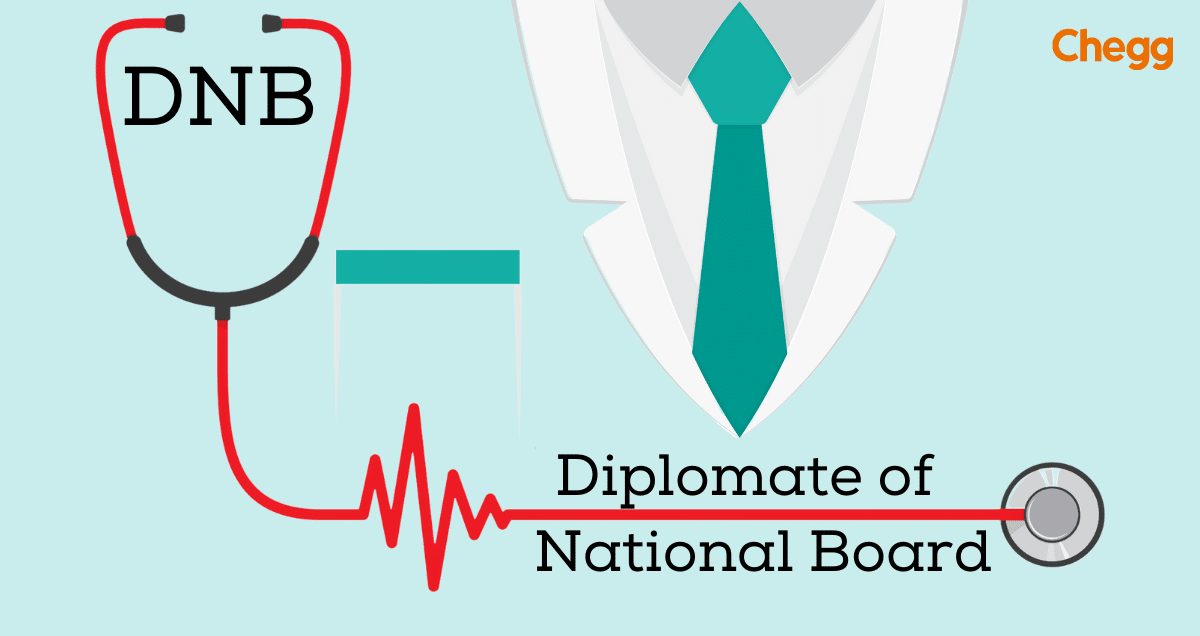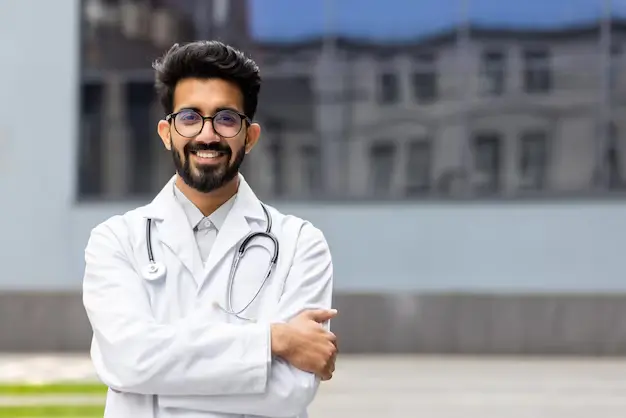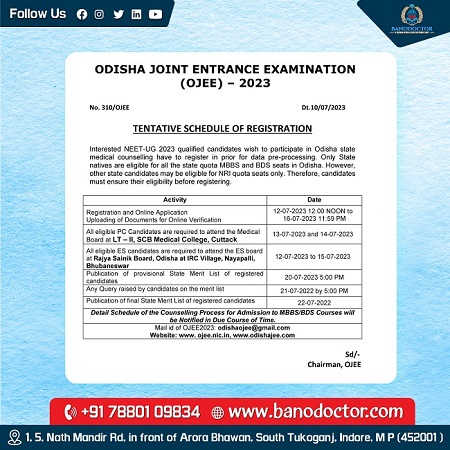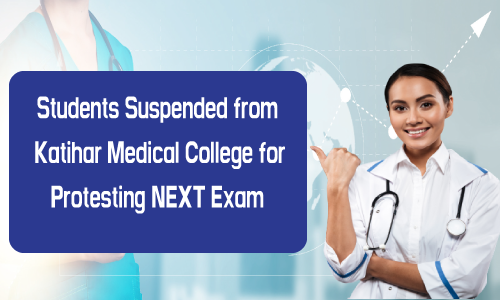
The Membership of the Royal College of Surgeons (MRCS) | Bano Doctor is Here to Help You
The Membership of the Royal College of Surgeons (MRCS)
The Membership of the Royal College of Surgeons (MRCS) is a professional credential that is acknowledged on a global scale and is given to those who have finished the required surgical training and examinations. It is one of the most esteemed credentials for surgeons and is highly desired by aspirants.
The first guilds of surgeons were established in England in the fourteenth century, which is when the Royal College of Surgeons was founded. These guilds were in charge of policing the practice of surgery and making sure that only qualified people may do it. The Society of Barber-Surgeons, which received a royal charter from King Henry VIII in 1540, combined the guilds in the 16th century.
In order to acknowledge the expertise and abilities of practicing surgeons who had not had formal training in surgery, the MRCS qualification was initially developed in 1837. Also, it was meant to promote surgeons' continued education and training and to raise the general calibre of surgical practice in the UK.
Candidates must complete a string of demanding exams that evaluate their expertise in a variety of surgical specialities in order to get the MRCS qualification. Part A, Part B, and Part C are the three sections that make up the tests.
A written test covering the fundamental sciences and concepts of surgery, such as anatomy, physiology, pharmacology, and pathology, makes up Part A. The purpose of this exam is to gauge a candidate's comprehension of the fundamental ideas and ideas that underlie surgical practice.
A candidate's clinical expertise and capacity to manage surgical situations are examined in Part B, a practical exam. This test is meant to gauge a candidate's aptitude for using their knowledge in a clinical situation and for basing clinical decisions on the evidence at hand.
A candidate's communication abilities, moral thinking, and professional conduct are evaluated orally in Part C. This test is intended to gauge a candidate's proficiency in speaking clearly and concisely with patients, coworkers, and other medical specialists as well as their knowledge of the ethical and professional obligations that come with becoming a surgeon.
Candidates must meet a number of standards relating to their education and training in addition to passing the tests. This entails finishing at least two years of surgical training, earning a medical degree or its equivalent, and keeping a portfolio with proof of their expertise and ability.
The MRCS certification is widely regarded and acknowledged globally, and it is frequently a necessity for surgeons who intend to practice abroad or pursue more education and speciality. The MRCS is also acknowledged as an important certification for surgeons who want to work in academic medicine or research.
How to apply for MRCS?
There are various processes involved in applying for Membership of the Royal College of Surgeons (MRCS), including meeting the requirements, filling out the application, and getting ready for the exams. A summary of the application procedure is provided below:
A medical degree or an equivalent qualification recognised by the General Medical Council (GMC) in the UK or the appropriate medical regulatory authority in your country of origin is required to apply for the MRCS. You must also have completed at least two years of surgical training.
Registration with the Royal College of Surgeons: You must register with the Royal College of Surgeons of England before submitting an application for the MRCS tests. To do this, you must pay a registration fee and complete an online registration form.
You can apply for the MRCS tests after becoming a member of the Royal College of Surgeons. The college's website contains the application form, which must be filled out online. You must include information about your education, training, and professional experience in addition to any other supporting materials the college may want.
Exam preparation: Following the approval of your application, you must get ready for the MRCS tests. There are three sections to the exams: Part A is a written test, Part B is a practical test, and Part C is an oral test (oral exam). The website of the Royal College of Surgeons contains comprehensive information regarding the format, subject matter, and study tools for the exam.
Exam dates: The MRCS tests are scheduled to take place at various periods around the UK and abroad each year. When you apply for the examinations, you can select the exam dates and venues that work best for you.
Exam outcomes: A few weeks after taking the exam, you will receive your results by email. You will receive the MRCS certification if you pass all three exam components.
After MRCS results
The Membership of the Royal College of Surgeons (MRCS) designation, which is acknowledged globally as a badge of quality in surgical practice and education, is given to applicants who pass all three components of the exam. Following the achievement of the MRCS qualification, the following are some potential next steps:
Advance to higher surgical training: In the UK, obtaining the MRCS certificate is a requirement for admission to higher surgical training. This is a term of focused training in a specific surgical speciality, like cardiothoracic surgery, neurosurgery, or plastic surgery, that results in the issuance of a Certificate of Completion of Training (CCT) and qualifies the recipient for a consultant position.
Exams for the Intercollegiate Specialty Board (ISB) or the Fellowship of the Royal College of Surgeons (FRCS) are two additional surgical credentials that can be pursued after earning the MRCS. These tests give doctors the opportunity to exhibit advanced surgical knowledge and abilities or to develop their surgical specialization.
Practising as a general surgeon: Surgeons who hold the MRCS degree are eligible to work as general surgeons in a range of facilities, including clinics, hospitals, and private practices. Also, the degree is acknowledged internationally, which may open doors for chances to practice surgery abroad.
Investigate a career in academic medicine or research: Surgeons who are interested in these fields are advised to earn the MRCS certification, which is regarded as a desirable credential. This could be performing research in a specific area of surgery, working in a university or research facility, or instructing and guiding medical students and surgical trainees.









































![Online Application Form for the National Eligibility-cum-Entrance Test [(NEET (UG)] 2024](https://www.banodoctor.com/public/notifications/1707717098.webp)







